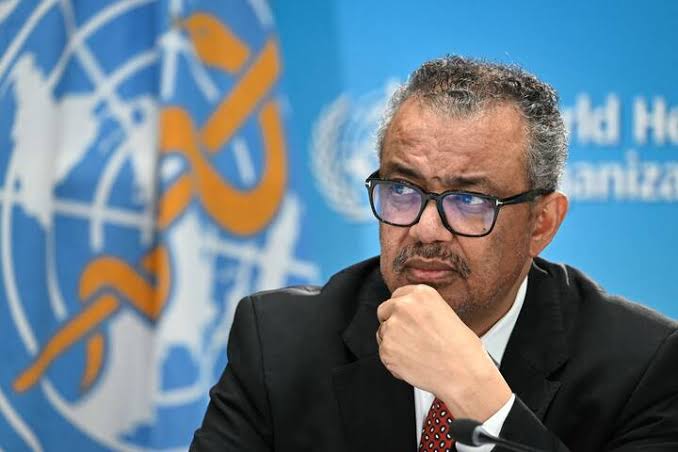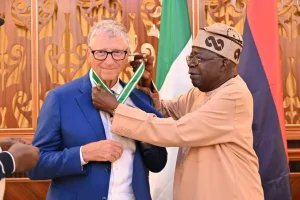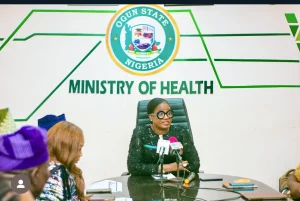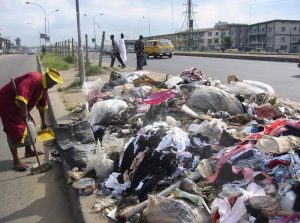
The Director-General of the World Health Organisation (WHO), Dr Tedros Ghebreyesus, has urged African leaders to end aid dependency and commit to self-reliance and sustainable development. Speaking at the Ibrahim Governance Weekend in Marrakech, Morocco, from June 1 to 3, 2025, Ghebreyesus emphasized the need for a shift in mindset and stronger leadership across the continent. He stated, “We cannot look to others to solve our problems. The mindset of aid dependency must stop. The difference between crisis and opportunity is leadership, from all of us.”
He also called for leadership from international lenders, urging fair and concessional lending terms for African nations, noting that it is problematic when African countries pay more to borrow than high-income countries. Ghebreyesus stressed that donor support should focus on strengthening national systems aligned with local priorities rather than funding operating costs or donor-selected projects. He referenced the Lusaka Agenda’s principle of “one plan, one budget, one report” as a model for effective aid coordination.
Dr Tedros highlighted that health should be viewed as an investment in people, stability, and economic growth, rather than a cost to be contained. However, he emphasized that peace is even more fundamental to Africa’s future, declaring, “The best medicine is peace.” He pointed out that conflict remains the biggest barrier to development in many parts of the continent.
Recalling his 2024 visit to war-torn Sudan and the refugee crisis in Chad, Ghebreyesus described dire health situations marked by outbreaks of cholera, measles, malaria, dengue, diphtheria, and polio, with thousands dying. He called for ceasefires to enable the delivery of vaccines and save lives.
He reaffirmed WHO’s commitment to supporting African countries in building efficient, self-sustaining health systems and stressed that peace remains the foundation for a healthier, fairer, and more prosperous Africa.
This call aligns with broader concerns about Africa’s heavy reliance on foreign aid, which has been decreasing in recent years due to shifting donor priorities and unilateral aid cuts by countries such as Germany, France, Norway, the UK, and the US. These reductions have had significant impacts on health programs across the continent, including vaccination campaigns and HIV/AIDS treatment programs, putting millions of lives at risk.
Experts, including global health authorities and African leaders, have urged African nations to develop sustainable, locally funded health systems and economic models that reduce dependency on external aid. They advocate for stronger leadership, better governance, improved tax collection, increased intra-African trade, and investments in job creation and manufacturing as key steps toward self-reliance.
Ultimately, the message from WHO and other leaders is clear: Africa must take ownership of its development trajectory, break free from the cycle of aid dependency, and build resilient systems that can withstand global shifts in funding and support.








